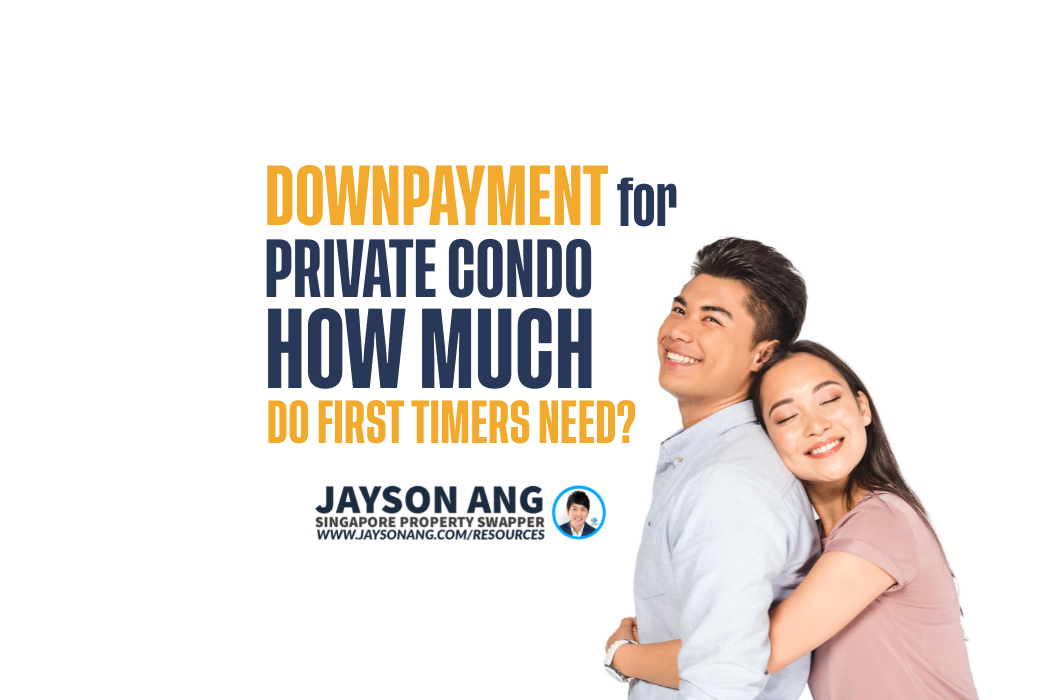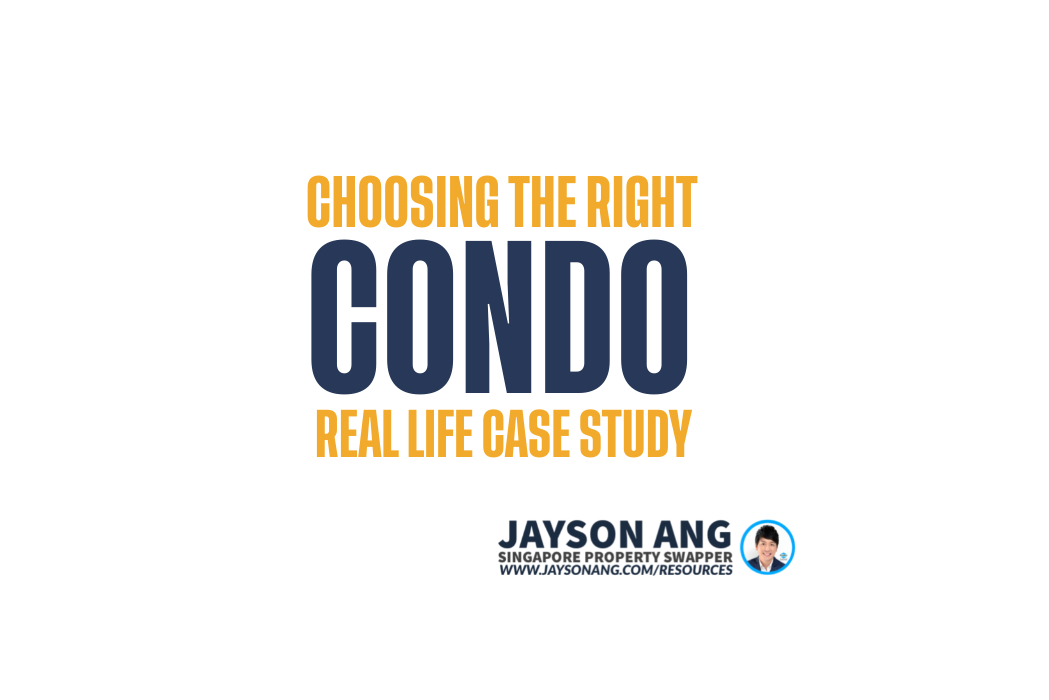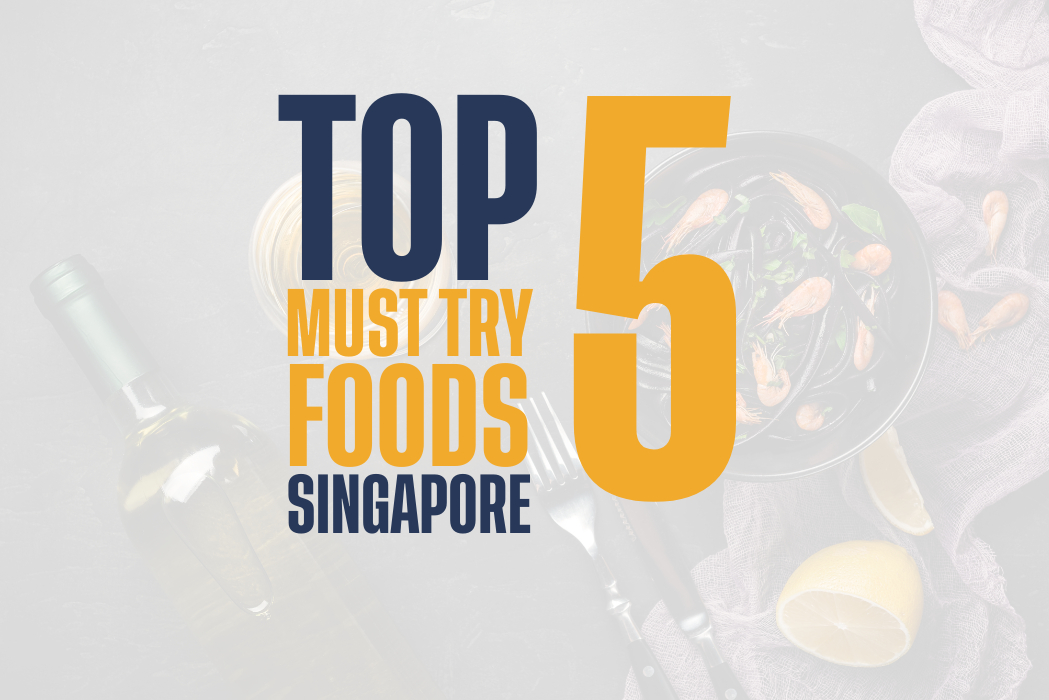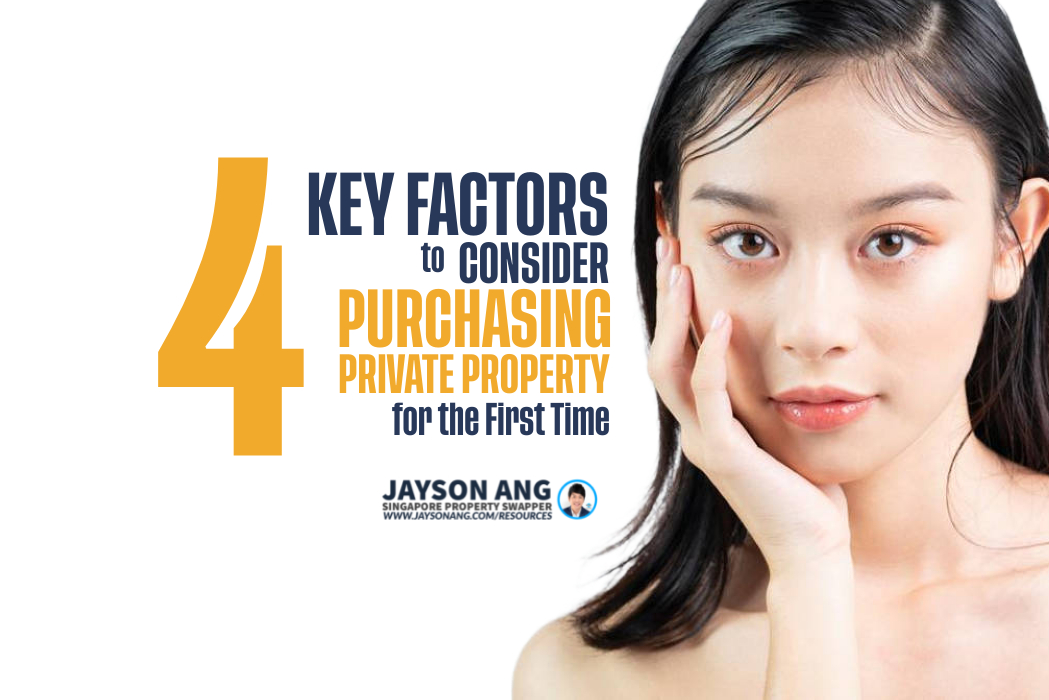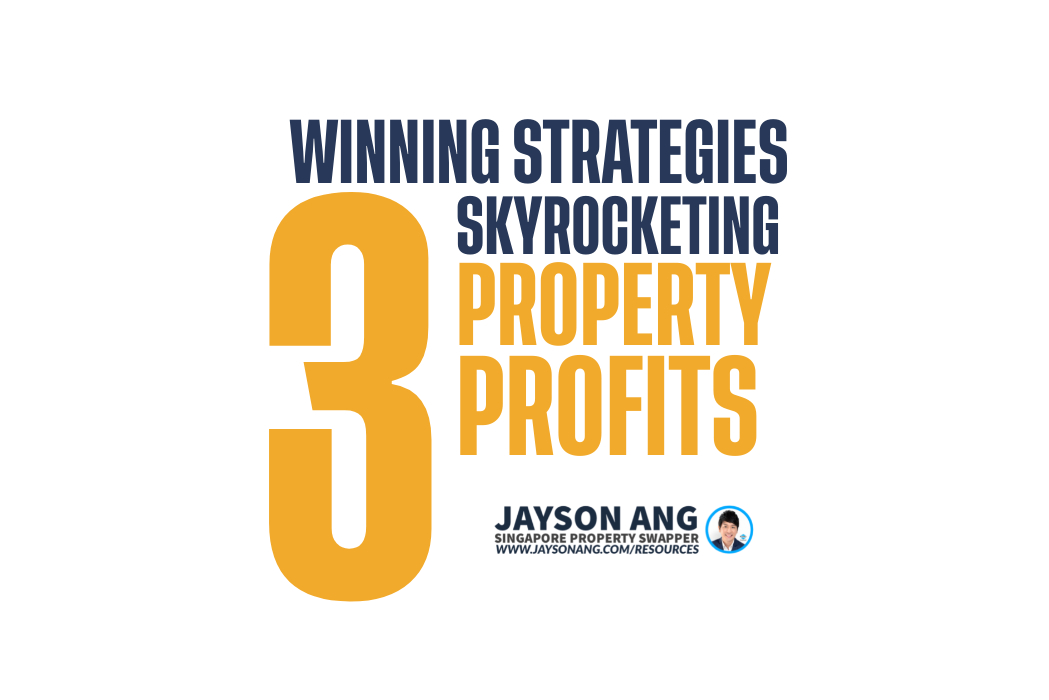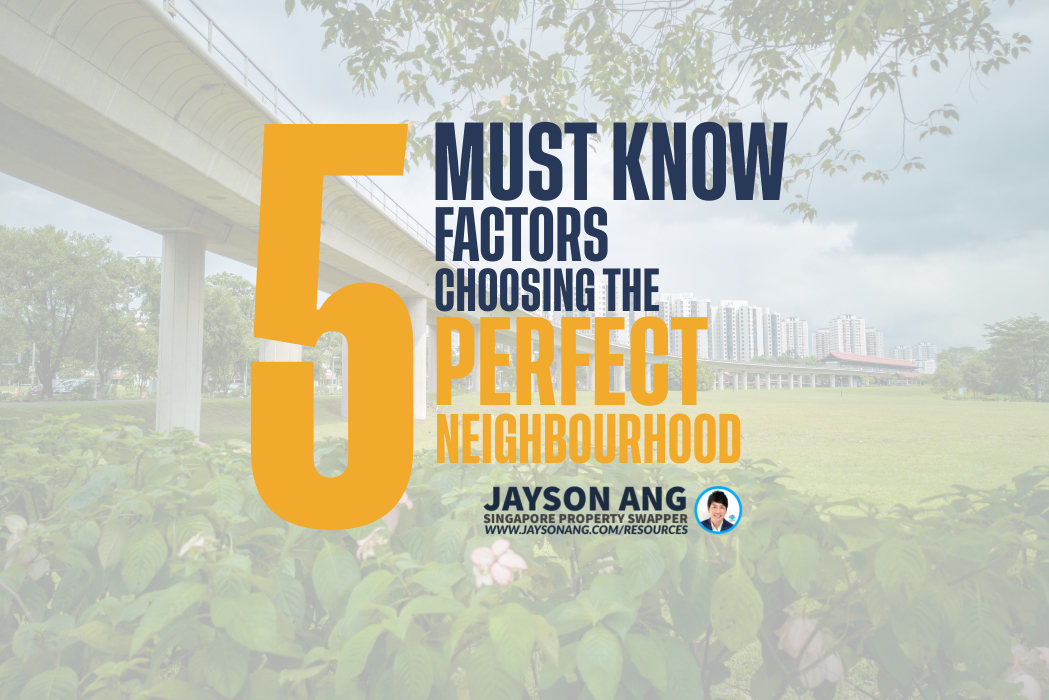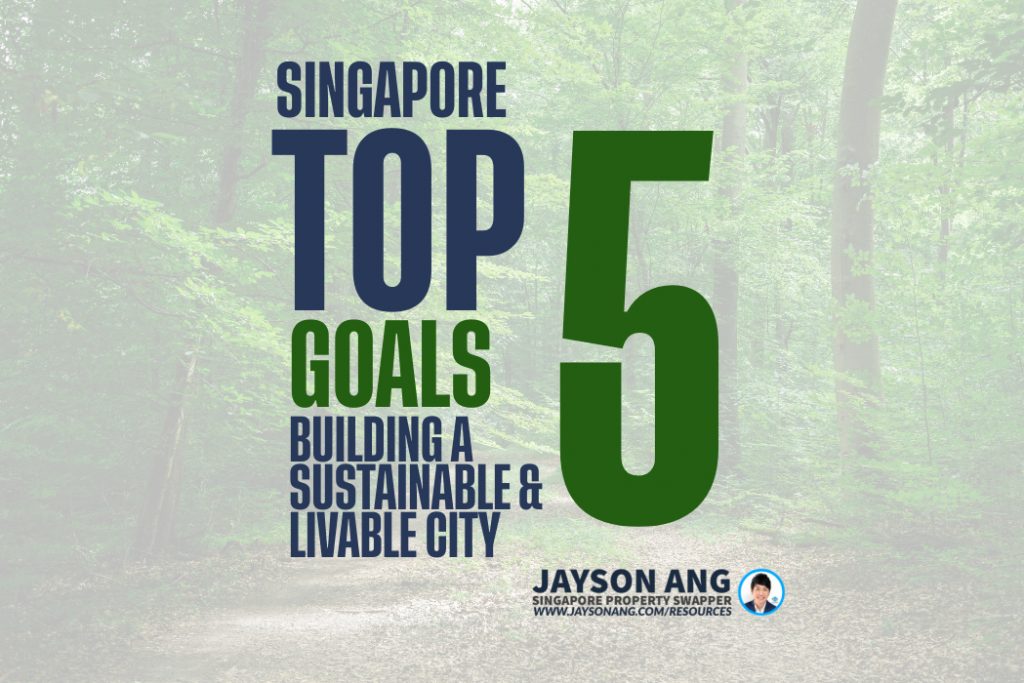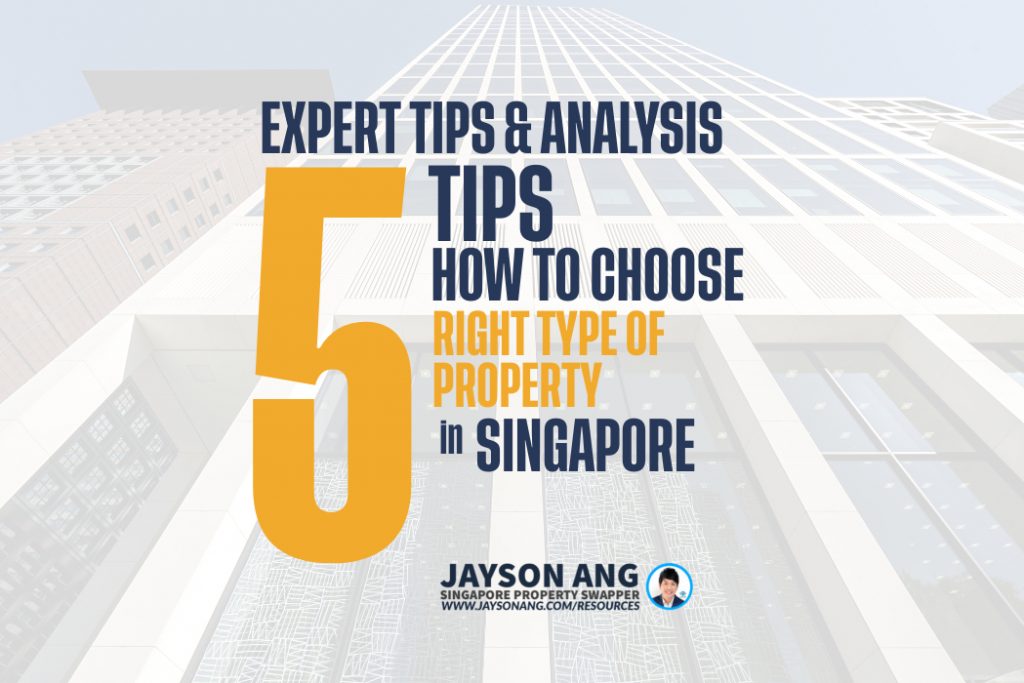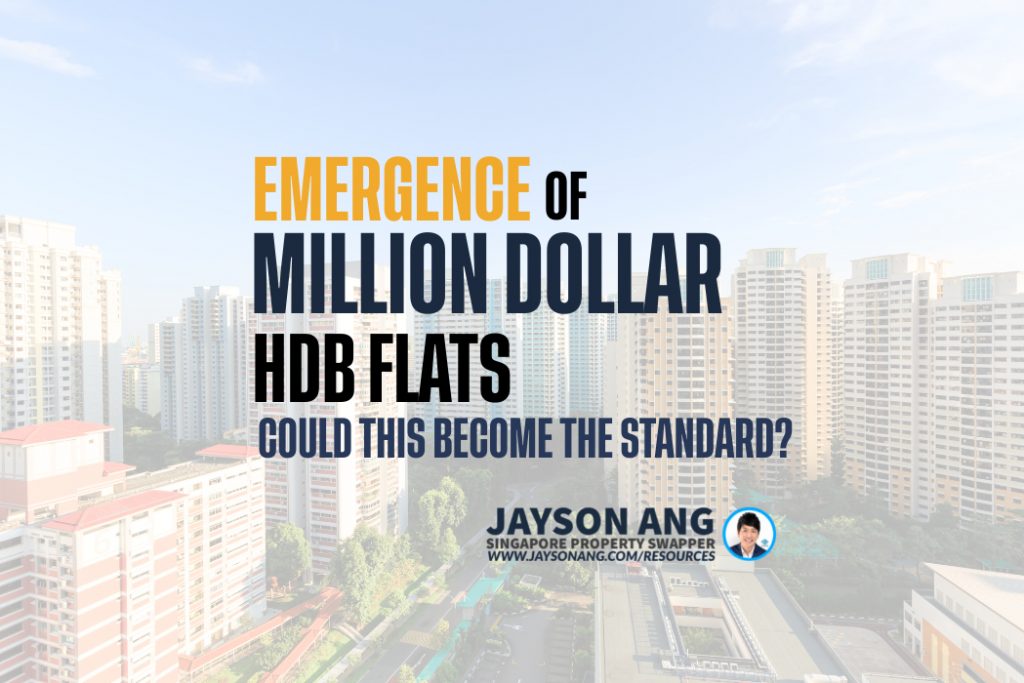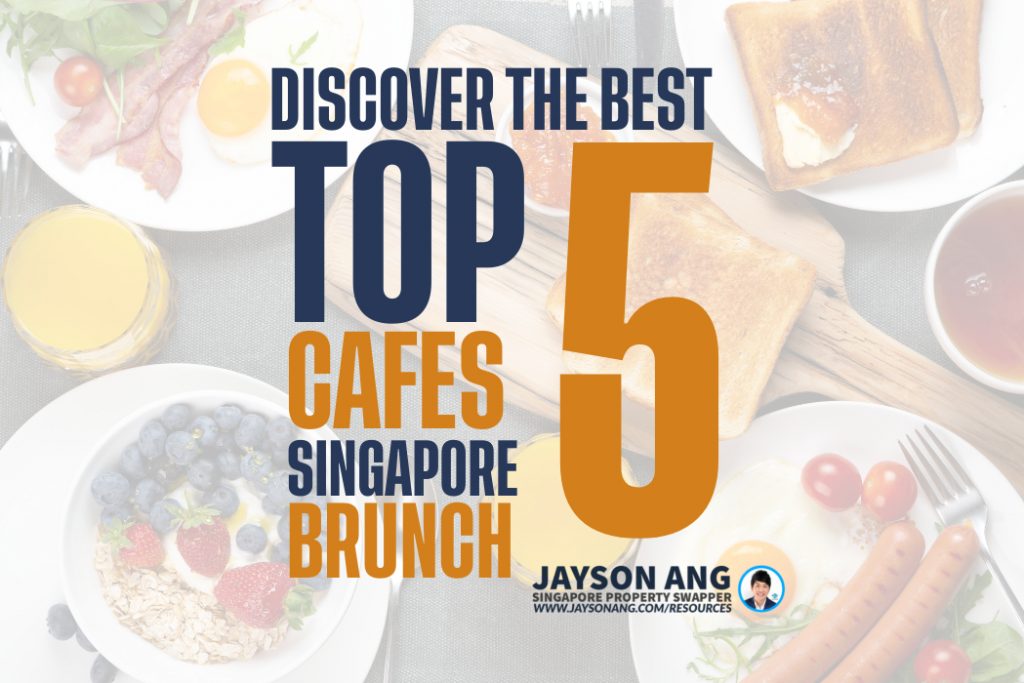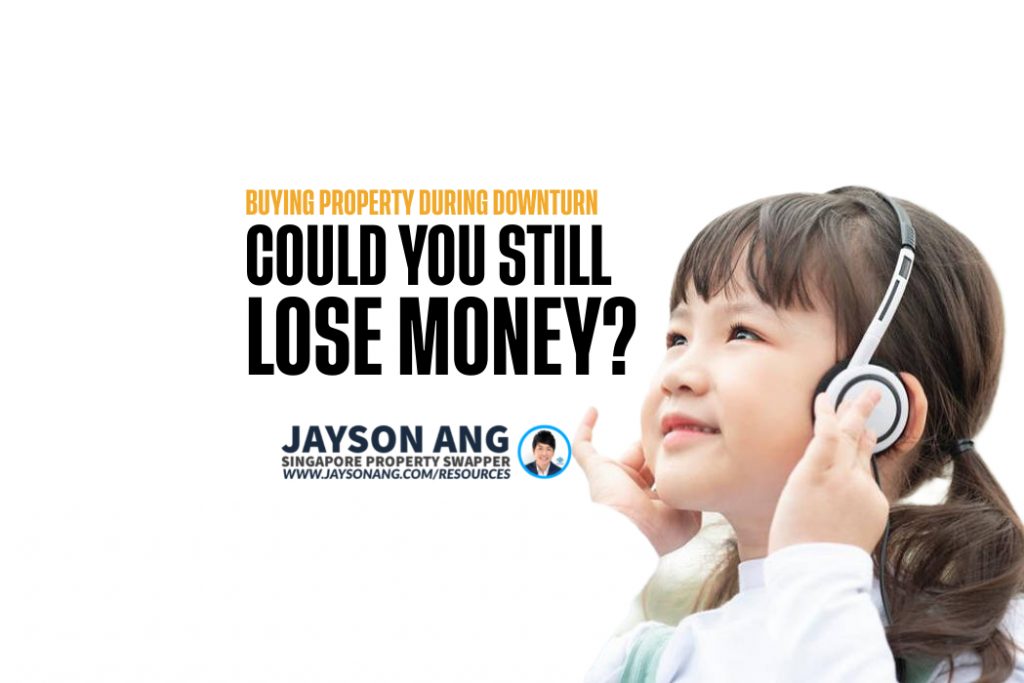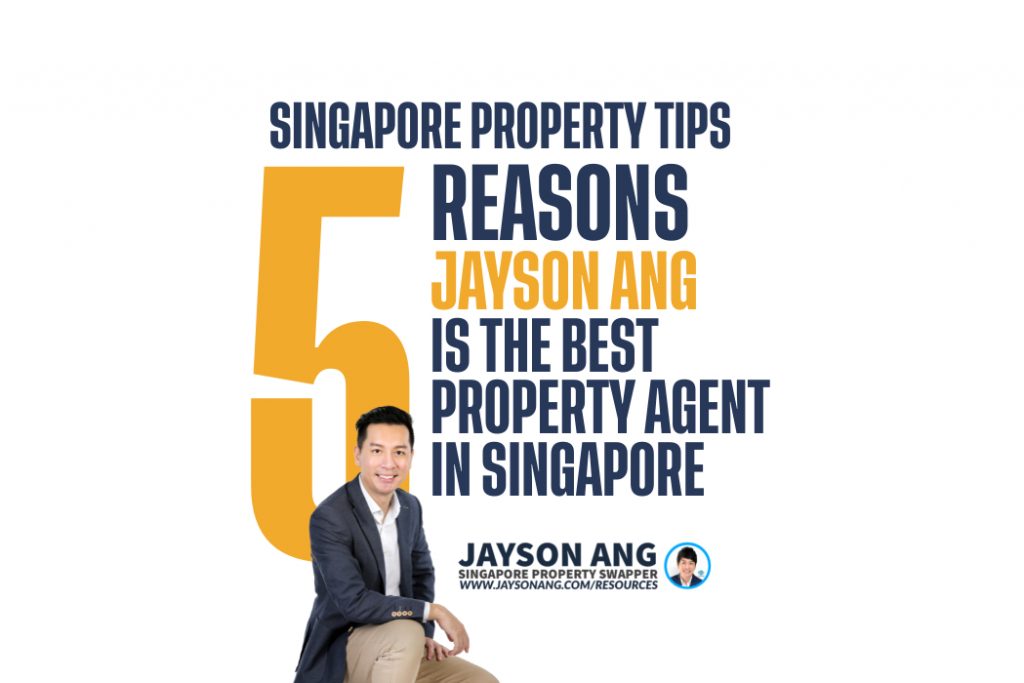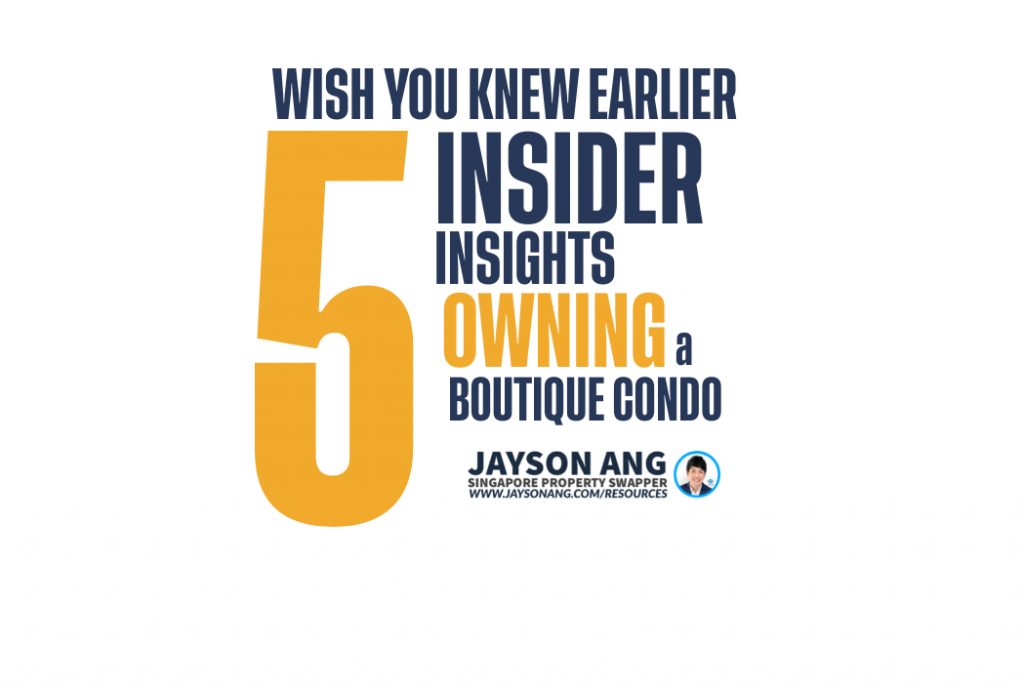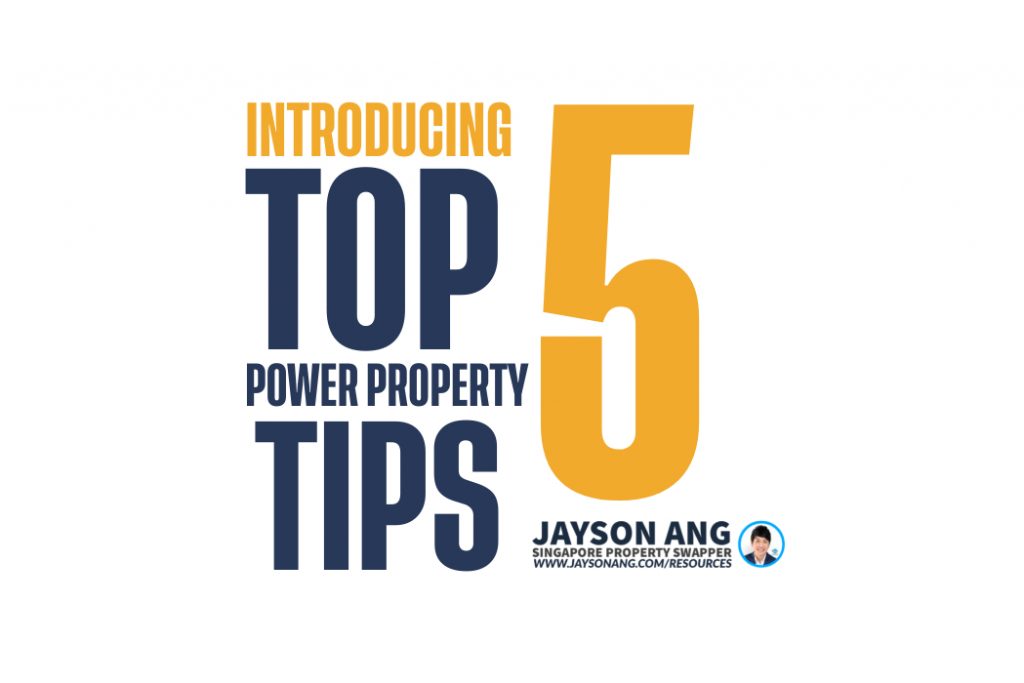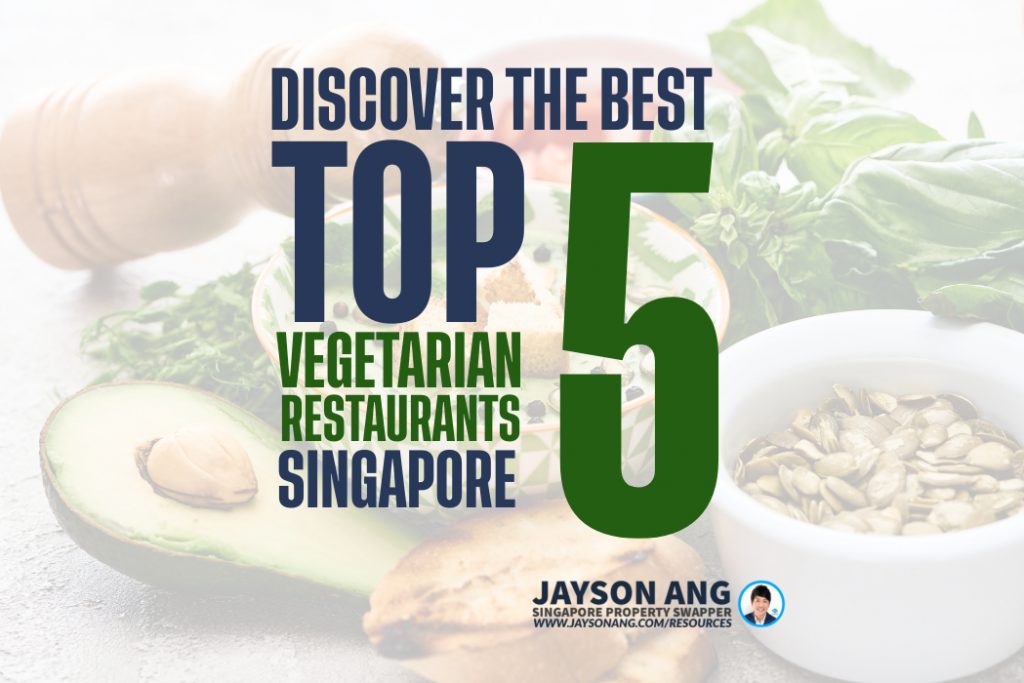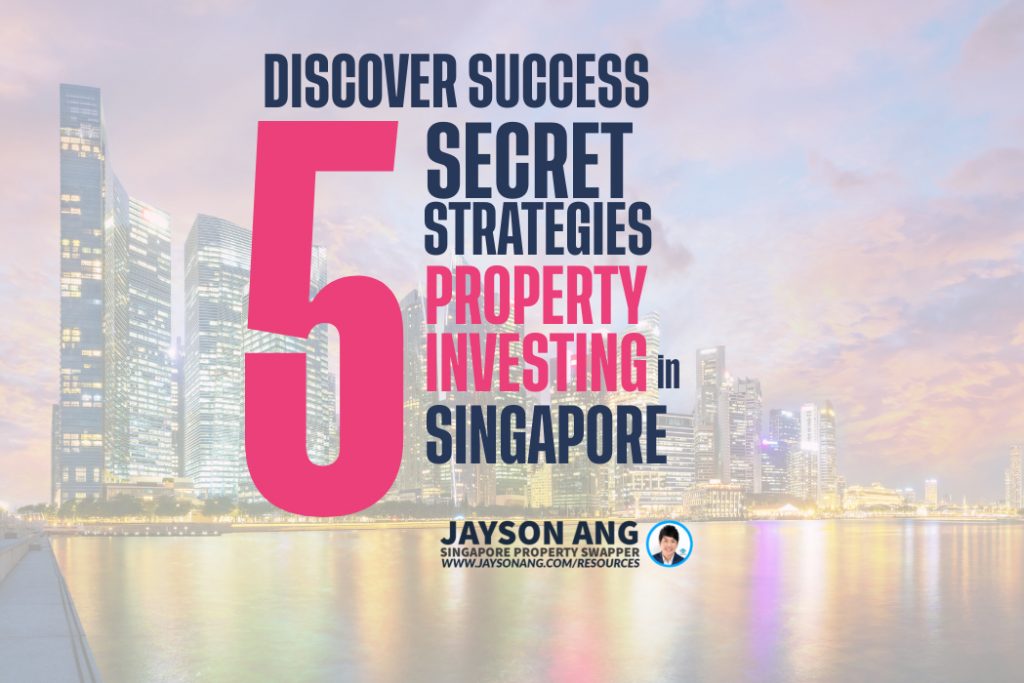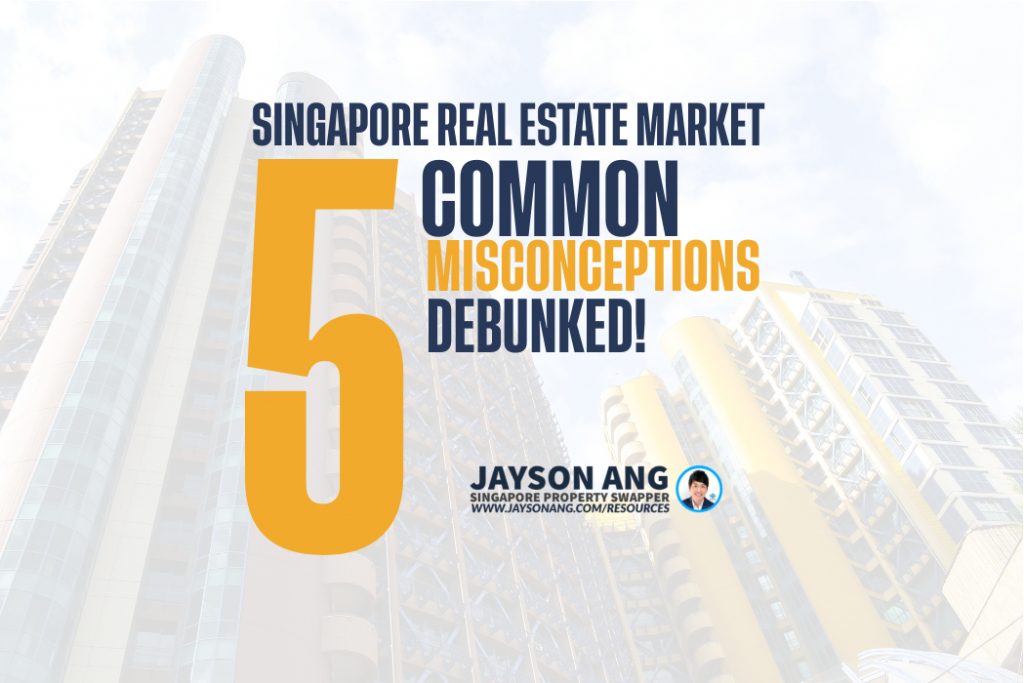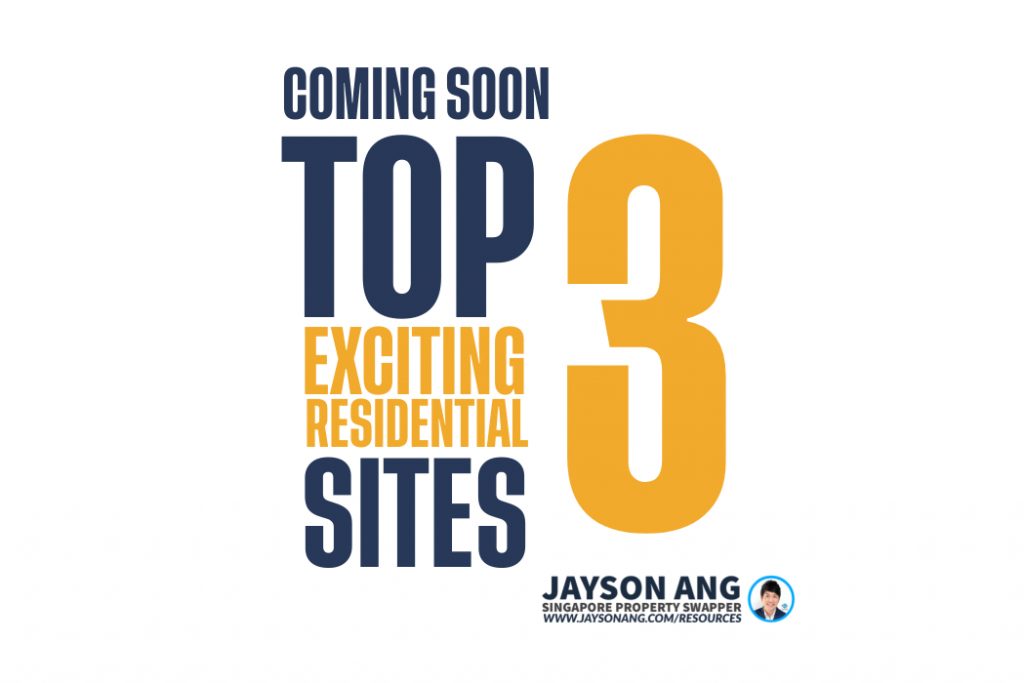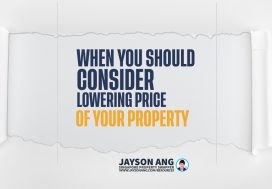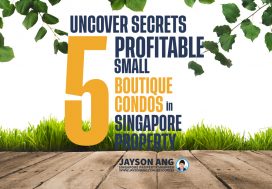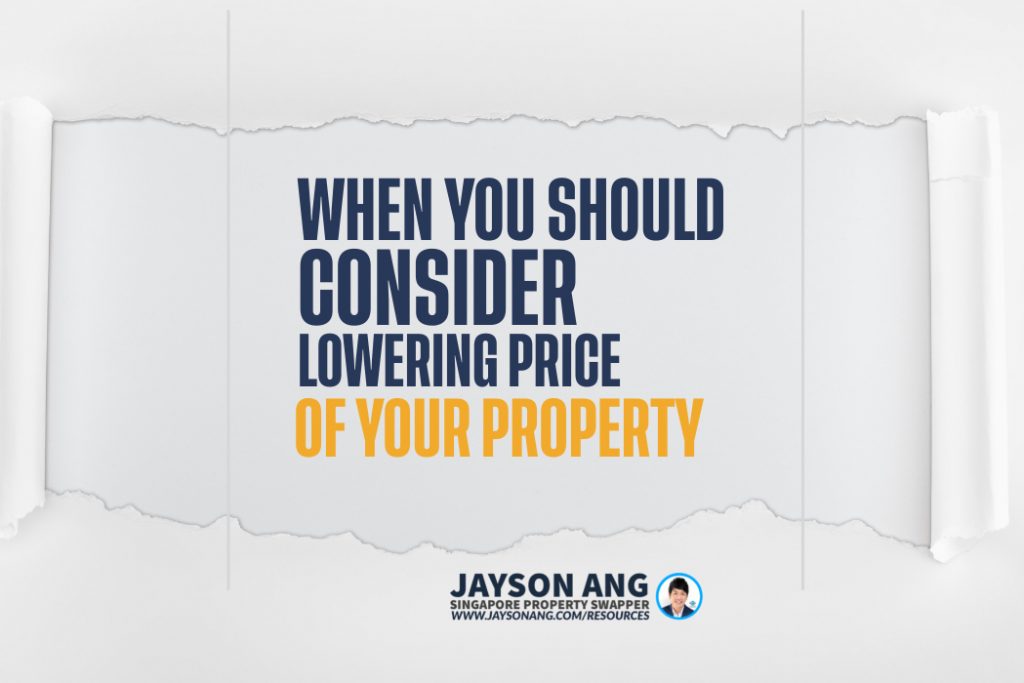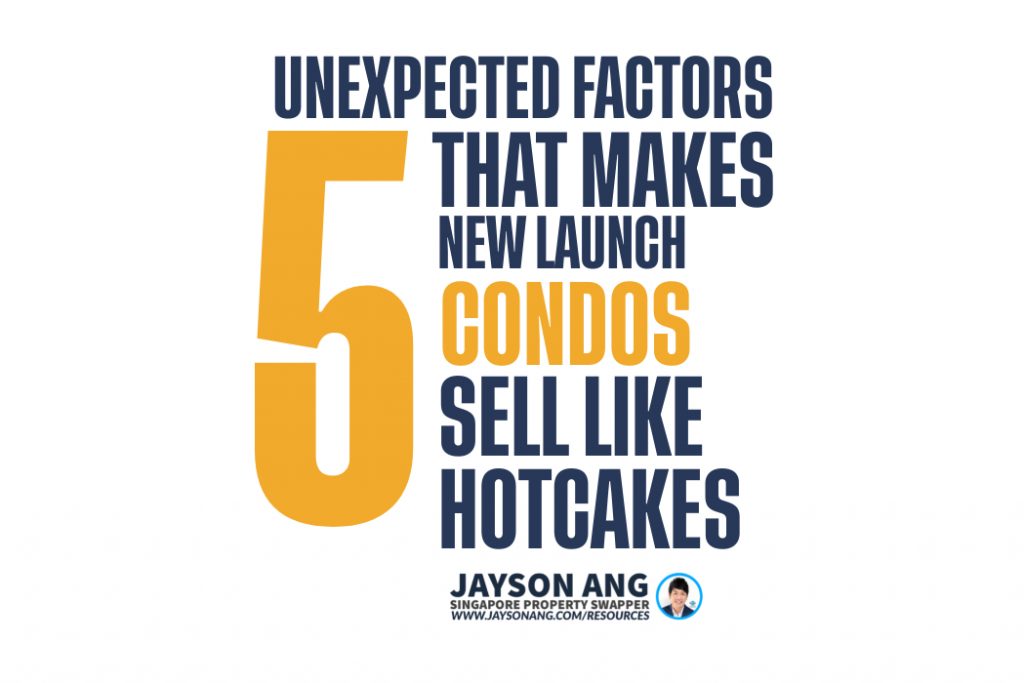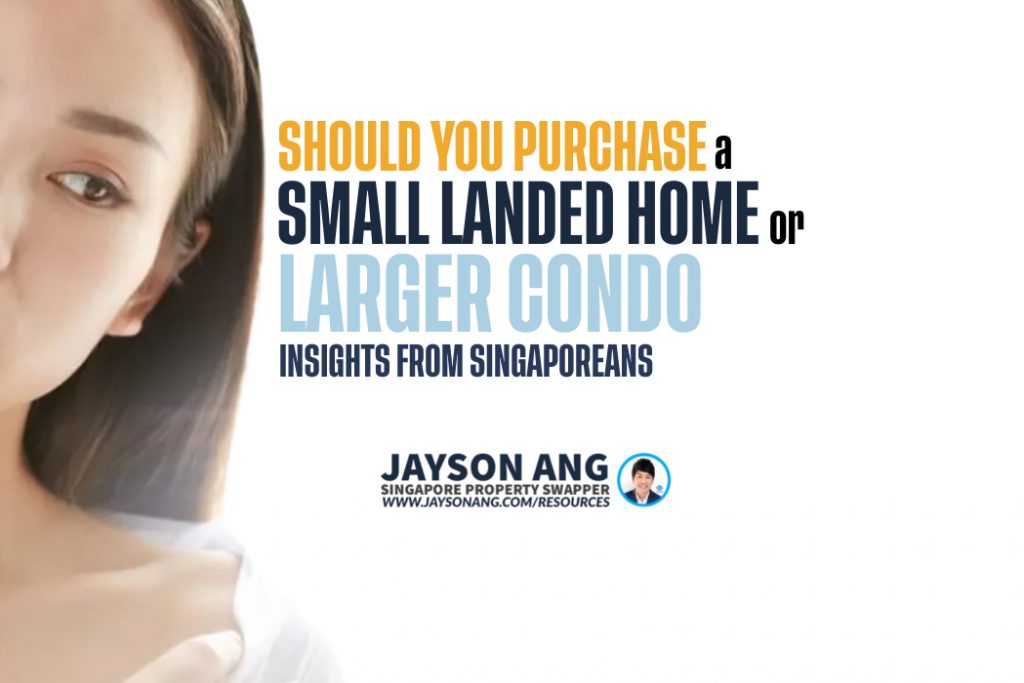TLDR
The blog post delves into the complexities of condo downpayments in Singapore in light of the impact of Covid-19 on housing developments. It discusses the shift from traditional HDB BTO flats to executive condominiums due to pandemic delays and affordability challenges. The article provides insights on the amount needed for a condo downpayment, including the Loan-to-Value Limit, CPF usage, cash downpayment, and Stamp Duty considerations. It also touches on monthly repayments for condo loans and offers advice on financial planning for prospective homeowners.
The process of purchasing a home in Singapore is rarely described as a walk in the park. The journey towards securing your own piece of real estate can often be characterized as intricate, challenging, and demanding, an endeavor further exacerbated by the arrival of Covid-19.
The impact of this global pandemic continues to echo in the housing development sector, causing delays that persist to the present day.
Perhaps you’ve stumbled upon this piece while exploring various housing alternatives, striving to find the one that aligns with your specific situation. In your quest for the perfect condo, one of the critical factors to consider is the initial downpayment.
In this article, we aim to provide comprehensive insight into the intricacies of condo downpayments in Singapore. This information should prove invaluable as you navigate the exciting yet daunting path of first-time homeownership.
1. Why Would First-Time Home Buyers Splash Out On A Condo?
Back in the day, snagging an HDB BTO flat was practically a ritual for Singaporean newbie homeowners, with the ultimate goal of leveling up to a condo later on.
But hey, times change. That traditional roadmap to home ownership isn’t exactly the go-to anymore. Now, let’s dive into why that’s the case.
Covid-19 Delayed a Bunch of BTO flats
The COVID-19 pandemic has certainly thrown a wrench into many plans, including those of prospective BTO home owners. Amidst the crisis, they were met with the disheartening information that their HDB BTO flats’ completion would be postponed for a year or more due to stringent pandemic restrictions.
The latest updates suggest that these residences will be ready by early 2025, but that’s still nearly two years away. This isn’t welcome news for anyone eager to establish independence from their parental home.
This predicament has led some individuals to opt for an executive condominium (EC) instead of a BTO flat, particularly those who’ve been unsucccessful in securing a BTO flat despite repeated attempts.
Furthermore, not everyone is eligible for a BTO flat due to certain stipulations surrounding HDB property purchases. These rules dictate that one must be a citizen, form a nuclear family (or be over 35), and fall within the income limit.
And it’s not just BTO flats; affording a resale flat is also a challenge for some of us. The price tags on HDB resale flats are continuously soaring. The skyrocketing prices were exemplified in July 2023, when a five-room resale flat in Toa Payoh set a new record as the priciest ever sold for its type at a whopping $1.42 million!
With BTO flats, You Don’t Really Get A Choice
In the event you’re presented with an opportunity to reserve a Build-To-Order (BTO) apartment, regardless of it not being your first choice, housing authorities will likely exert influence for its booking.
Starting from 2023, first-time applicants who pass up the offer to reserve a flat will forfeit their BTO priority status. This refers to the extra ballot opportunities that newcomers to the BTO process enjoy. However, even these privileged couples can face more than ten unsuccessful attempts in their BTO journey – a fact well-known through numerous shared instances.
Considering these circumstances, it’s hardly surprising that individuals like yourself, looking to make their first home purchase, might contemplate investing in a condominium instead.
2. How Much Is The Condo Downpayment In Singapore For First-Timers?
Pondering over the financial commitment required to invest in a condominium, and finally bid adieu to public housing?
Several elements come into play when calculating your initial payment for a condominium in Singapore:
- The Loan-to-Value (LTV) Limit: This represents the quantity you’re allowed to borrow from your financial institution.
- The remaining condo downpayment: This can be partly funded by your Central Provident Fund (CPF).
- The obligatory cash downpayment: This amount has to be directly transferred from your bank account.
- The Stamp Duty (whether it’s Buyer’s or Additional), which requires an upfront cash payment. However, remember that you can later apply for reimbursement from your CPF.
Suppose you’re on the hunt for a petite condo nestled away from the bustling city center, and you’ve set your eyes on an $800,000 gem. Various elements come into play and fluctuate based on the condo’s price tag.
Now, let’s dive into the nitty-gritty of how much dough you’ll need to put down for your dream Singaporean condo. Check out the breakdown below:
3. How Much Do I Need In Cash + CPF for my Condo Downpayment?
Just to enlighten those who might not be aware, your CPF funds can actually be utilized to cover the downpayment for your condominium. This means you are not obligated to pay the entire sum in cash – a relief, indeed!
When making use of CPF to finance your condo downpayment, it’s important to note that these funds have to be derived from your Ordinary Account (OA).
For instance, let’s say the forthcoming condominium is priced at $800,000.
By law, since 2018, the total downpayment required would amount to $200,000, which is equivalent to 25 per cent of the condominium’s cost.
Out of this $200,000, a minimum of $40,000, or 5 per cent of the purchase price, needs to be paid in cash.
The balance can be covered using your CPF OA, which comes to $160,000, or 20 per cent of the purchase price.
But hold on! Do you have $160,000 stacked away in your CPF account? For an average salaried individual with a relatively high monthly income of $4,000, it would take slightly over eight years to accumulate that amount in your OA. That’s quite a stretch.
Therefore, if your CPF OA is not sufficiently funded, you will be required to pay more than the initial $40,000 in cash for your condominium downpayment.
4. Do I Need To Pay Stamp Duty (BSD or ABSD) in Cash?
The Buyer’s Stamp Duty (BSD) is an additional expense that potential homeowners must consider when calculating the downpayment for a condominium. This duty applies to all residential property acquisitions, irrespective of whether it’s your inaugural purchase.
For example, the BSD on a condominium unit priced at $800,000 stands at $18,600. If you are a Singapore citizen, this is the only amount due.
However, Permanent Residents (PRs) and foreign nationals need to account for an Additional Buyer’s Stamp Duty (ABSD). The first property purchase imposes a tax of five per cent on PRs, while foreign nationals are subjected to a substantial 60 per cent tax.
In essence, PRs are liable to pay the sum of BSD and ABSD (five per cent), equating to $58,600 (calculator here). Meanwhile, foreign nationals are required to remit the aggregate of BSD and ABSD (60 per cent), totalling $498,600 (calculator here).
It’s noteworthy that the Central Provident Fund Ordinary Account (CPF OA) can be utilized for paying the Stamp Duty; however, it operates on a reimbursement model. Consequently, the initial payment must be made from your bank account.
Of course, it’s vital that your CPF maintains a sufficient balance for the reimbursement to occur.
5. How Much Are The Monthly Repayments For My Condo With A Home Loan?
Believed that saving for the substantial downpayment was a tough task?
Brace yourself as we dive into the details of monthly repayments for your condominium.
At present, typical home loan bank rates are oscillating around 3.7 per cent-5.5 per cent p.a., with a lock-in period spanning one to three years. Here’s a glimpse of how your monthly repayments might shape up at various banks considering the current interest rates:
Let’s assume you’re targeting a condo priced at $800,000 and planning to secure a loan of $600,000. In this scenario, your monthly repayment is projected to be a minimum of $3,520 over a period of 20 years. (If you’re scratching your head over how these figures are computed – it’s not as simple as multiplying 3.75 per cent by $600,000. The concept of compounding can be quite puzzling. Feel free to use a complimentary online loan calculator to do the math for you.)
Alright, let’s break it down a bit. You see, the rates we’ve been talking about? They’re based on the assumption that you’ll opt for a fixed home loan. But hey, there’s a whole spectrum of home loans out there to explore. When it comes to bank loans, you can play it safe with a fixed interest rate or take a gamble with a floating one.
Now, these floating rates aren’t just pulled out of thin air; they’re tied to something called the Singapore Overnight Rate Average (SORA). It’s this nifty little benchmark that the Monetary Authority of Singapore (MAS) comes up with and banks use to decide what interest rates to slap on their home loans.
As of August 2023, SORA is sitting pretty at 3.67%. Wondering how banks use this number? Let’s pull Maybank into the spotlight as an example. Maybank sets their interest rate at 3M Compounded SORA + 0.70% per year for the initial three years.
So basically, you’re looking at coughing up 4.37% per year for at least your first year. Keep your fingers crossed that SORA takes a dip after that, or you might find yourself better off sticking with their fixed rate home loan package, which locks the interest at a cool 3.75%.
One thing to keep in mind, though: once your lock-in period has run its course, fixed home loan rates will bounce back to the floating rates.
It’s crucial to stay on top of these interest rates, and don’t shy away from refinancing your home loan if it’s necessary!
6. Do I Have Enough Money For A Condo Downpayment?
So, here’s the deal. If you’re a Singaporean dreaming of owning a condo, you gotta have at least $160,000 in your CPF OA and $58,600 hard cash for the down payment. And hey, just remember, if your CPF OA funds are running low, you’ll have to cough up more dough!
In case you’re juggling between different housing options, we’ve got some helpful insights for you to ponder over:
- HDB BTO flat
- HDB resale flat
- Executive condominium
The common procedure for purchasing a house is fairly consistent: Start by determining your initial deposit based on your mortgage limit, then work out what proportion can be covered by your CPF as opposed to the actual money you’ll need to fork out. Each individual’s circumstances vary, which is where our real estate financing resources come in handy, assisting you in making the best choice for your needs.
However, if you’re eyeing a particular condominium unit, brace yourself for some serious saving to accumulate that six-figure amount.
Exploring low-risk investments could bring about substantial returns if you have ample time to set aside funds for your condo downpayment. If not, diversifying your income through part-time jobs or other revenue channels could be an effective way to bolster your short-term cash availability.
Should You Buy, Sell or Wait?
If you’re reading this, you must be trying to figure out the best course of action right now: is it the right time to buy or sell?
It’s difficult to give an exact answer since everyone’s situation is unique and what works for one person may not necessarily work for you.
I can bring you a wealth of on-the-ground experience and a data-driven approach to provide clarity and direction. From beginners to experienced investors, our top-down, objective approach will help you on your real estate journey.
I can help you by:
- Offering Strategic Real Estate Advice – I can help create a comprehensive plan to guide you through your property journey.
- Connecting Your Home with the Perfect Buyers – Through stunning visuals, an effective communication strategy, and an in-depth knowledge of the market, we’ll ensure your home is presented in the best possible way to fulfill your goals.
You May Also Like …

